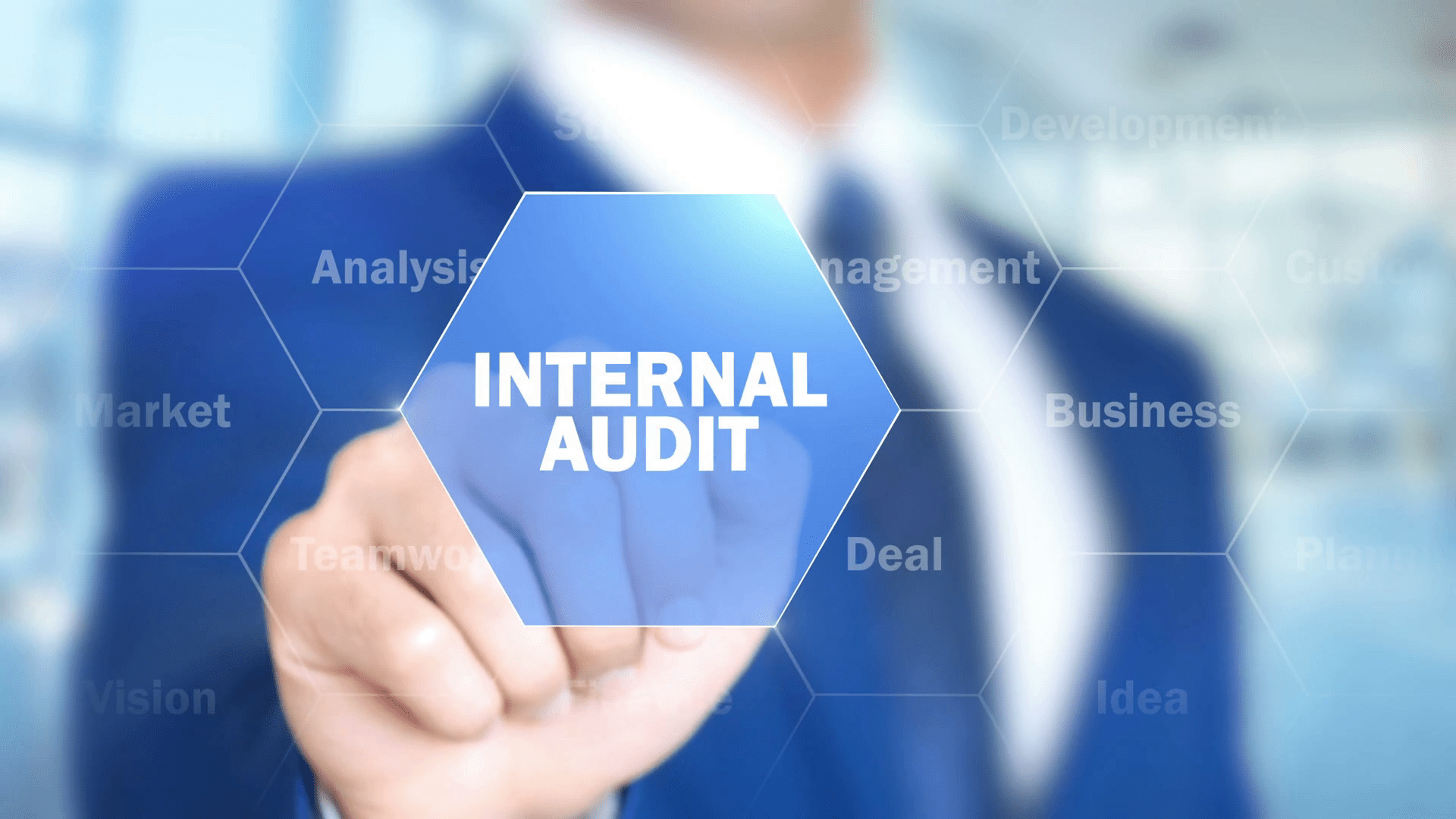Effective Internal Audit in Malta

A Guide to Improving Your Business Processes
Internal audit is an essential component of any business’s risk management and control system. An effective internal audit function helps businesses identify and mitigate risks, improve their operational efficiency, and ensure compliance with laws and regulations. In this article, we’ll explore the key elements of effective internal audit in Malta and how businesses can use these elements to improve their business processes.
Introduction: The Importance of Internal Audit in Malta
Effective internal audit is crucial for businesses operating in Malta. With the increasing complexity of business operations and the changing regulatory environment, businesses need to have a robust internal audit function to ensure that they are managing their risks effectively and complying with applicable laws and regulations. An effective internal audit function can also help businesses improve their operational efficiency and identify opportunities for growth.
Overview of Internal Audit in Malta
Internal audit is a process that involves assessing a company’s operations, financial reporting, and compliance with laws and regulations. In Malta, internal audit is typically carried out by the company’s internal audit function or by an external auditor. The key elements of effective internal audit in Malta include:
Risk Assessment
Effective internal audit begins with a thorough risk assessment. This involves identifying and evaluating the risks that the business faces, assessing the likelihood and impact of these risks, and prioritizing them based on their importance to the business.
Internal Controls
Internal controls are policies, procedures, and processes that businesses use to manage their risks and ensure compliance with laws and regulations. An effective internal audit function should assess the adequacy of these controls, identify any weaknesses or gaps, and make recommendations for improvement.
Compliance with Laws and Regulations
Businesses operating in Malta are subject to a range of laws and regulations, including tax laws, company laws, and regulatory requirements. Effective internal audit should ensure that the business is complying with these laws and regulations, and identify any areas where the business may be at risk of non-compliance.
Operational Efficiency
Effective internal audit can also help businesses improve their operational efficiency by identifying areas where processes can be streamlined or automated, reducing costs and improving productivity.
How to Implement Effective Internal Audit in Malta
To implement effective internal audit in Malta, businesses should follow these key steps:
Establish an Internal Audit Function
Businesses should establish an internal audit function that is independent, objective, and adequately resourced. The internal audit function should report directly to the board of directors or audit committee and should have access to all relevant information.
Conduct a Risk Assessment
The internal audit function should conduct a thorough risk assessment to identify and prioritize the risks that the business faces. This assessment should be reviewed and updated regularly to ensure that it remains relevant.
Develop Internal Controls
Based on the risk assessment, the internal audit function should develop and implement internal controls that are designed to manage the risks that the business faces. These controls should be documented, tested, and reviewed regularly to ensure that they are effective.
Monitor Compliance with Laws and Regulations
The internal audit function should monitor the business’s compliance with applicable laws and regulations, identify any areas of non-compliance, and make recommendations for improvement.
Monitor Operational Efficiency
The internal audit function should also monitor the business’s operational efficiency, identify areas where processes can be streamlined or automated, and make recommendations for improvement.
Conclusion
Effective internal audit is essential for businesses operating in Malta. By assessing their risks, developing internal controls, monitoring compliance with laws and regulations, and monitoring operational efficiency, businesses can improve their risk management and control systems, reduce costs, and identify opportunities for growth. Implementing effective internal audit requires a commitment to good governance, adequate resources, and a culture of continuous improvement. By following these key steps, businesses can ensure that their internal audit function is effective and provides value to the organization.
FAQs
What is the role of the internal audit function in Malta?
The internal audit function in Malta is responsible for assessing the risks that the business faces, developing and implementing internal controls, monitoring compliance with laws and regulations, and monitoring operational efficiency.
What are the benefits of effective internal audit?
Effective internal audit can help businesses improve their risk management and control systems, reduce costs, and identify opportunities for growth.
Who should be responsible for internal audit in Malta?
Internal audit in Malta can be carried out by the company’s internal audit function or by an external auditor. The internal audit function should be independent, objective, and adequately resourced.
What is a risk assessment?
A risk assessment is a process of identifying and evaluating the risks that a business faces, assessing the likelihood and impact of these risks, and prioritizing them based on their importance to the business.
How often should internal audit be conducted?
Internal audit should be conducted regularly, with the frequency depending on the size and complexity of the business and the risks that it faces. It is typically conducted annually or bi-annually.
Recommended Posts

Legal Nuances of Operating an Online Casino
May 17, 2024

Overview of Business Finance in Malta
May 17, 2024

Enhancing Payment Security with Blockchain
May 17, 2024



